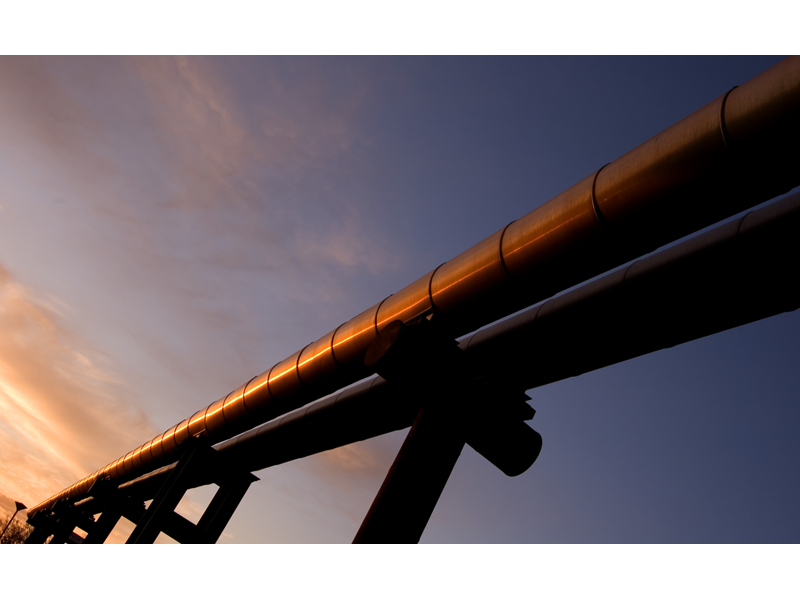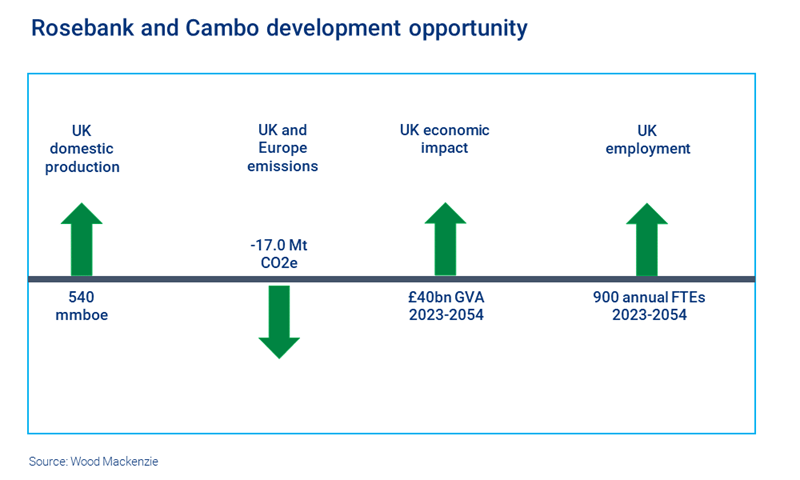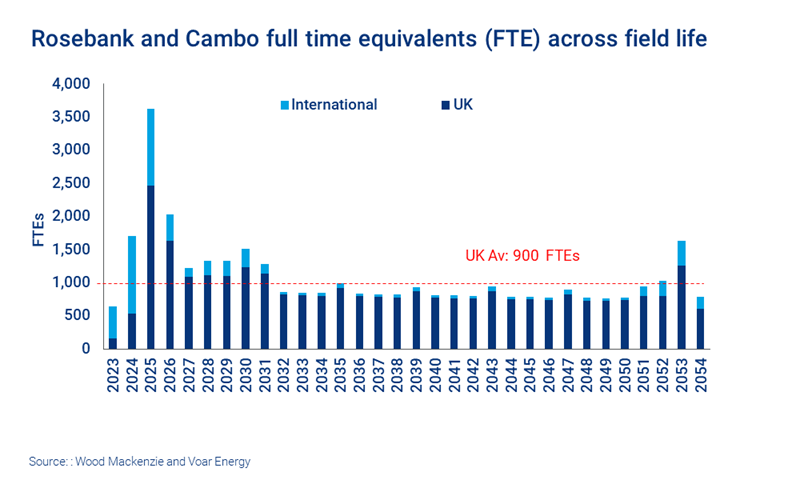The case for developing UK's oil and gas resources: Rosebank and Cambo fields
Analysing the potential of Rosebank and Cambo fields as part of the UK’s development of oil and gas resources in the North Sea
1 minute read
Malcolm Forbes-Cable
Vice President, Upstream and Carbon Management Consulting

Malcolm Forbes-Cable
Vice President, Upstream and Carbon Management Consulting
Malcolm is an expert in designing international growth strategies, unconventional gas studies and portfolio reviews.
Latest articles by Malcolm
-
Opinion
The case for developing UK's oil and gas resources: Rosebank and Cambo fields
-
Opinion
Scotland the brave: a Firth of Forth net zero hub for COP26?
-
Opinion
A £2.5 trillion transformation: the economic impact of a net-zero North Sea
-
Opinion
Is net zero oil and gas production possible?
-
Opinion
Can the UK lead the world in carbon capture, utilisation and storage?
-
Opinion
Net zero North Sea: can hydrogen live up to its hype?
Last week, I presented at the DEVEX conference in Aberdeen. The conference theme was framed around the question: “What are we doing to accelerate projects, reduce costs, increase production and reduce emissions?”
I presented the data and analysis which outlines the case for developing UK’s North Sea oil and gas resources, specifically in relation to the Rosebank and Cambo fields. Core to this, is Wood Mackenzie’s market leading Emissions Benchmarking Tool analysis of the upstream, crude cargoes and LNG sectors.
The full presentation slides are available to download by filling in the form at the top of the page.
Read on for a quick introduction to four key takeaways outlined as part of this analysis, which focusses on UK energy security, emissions, the economy, and jobs.
Increased energy security
The UK has a widening oil and gas deficit, but material opportunities remain. The chart below illustrates a snapshot of our analysis on the Rosebank and Cambo development:
The UK plays a critical role in the integrated European energy market and these developments would reduce the need to source higher carbon imports increasing the UK’s energy independence through the energy transition.
A reduction in emissions
UK oil and gas production has materially lower emissions than imports and oil imports would have 500% more emissions than oil from Rosebank and Cambo electrified.
Developing the UK’s oil and gas resources makes economic sense
Developing Rosebank and Cambo would create £40 billion of gross value add (GVA) for the UK economy, bringing significant value to society.
Long-lasting job creation
Oil and gas developments are complex but create a lot of long-lasting direct, indirect and induced jobs as part of the economic benefits outlined across the life of the two fields, there will also be an average of 900 jobs created for more than 30 years. This is illustrated in the chart below:
Our analysis concludes that not developing Rosebank and Cambo would lead to increased imports and emissions, as well significant losses to the economy and job market.
The oil and gas resources of the UKCS are a critical national asset and have a critical role to play in the UK economy and a manged energy transition. This analysis of Rosebank and Cambo provides a compelling case for why the UK should be developing its domestic resources.
Fill in the form at the top of the page for more analysis on this.

Energy & Natural Resources Summit: EMEA
Investing for success in a low-carbon future | 21 September, in London
Register now


